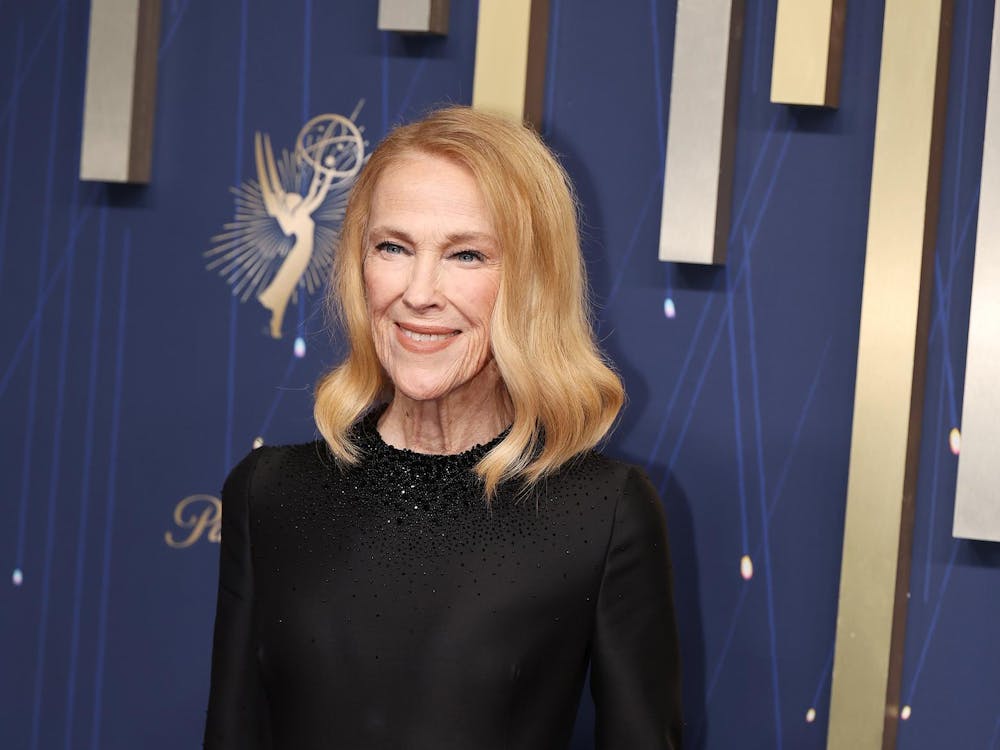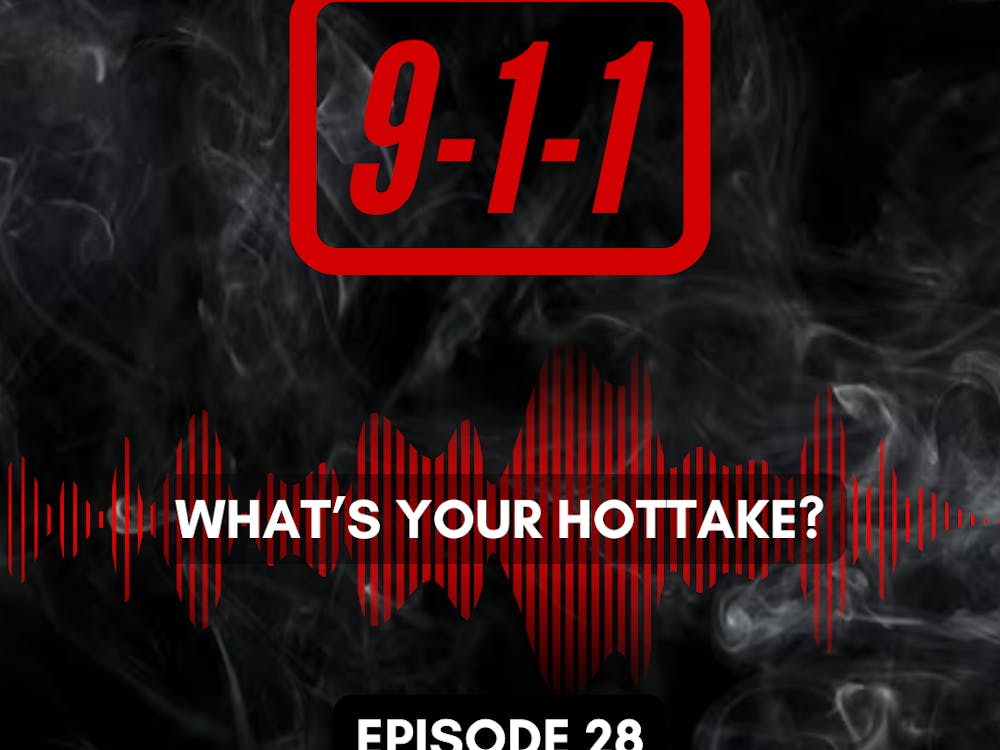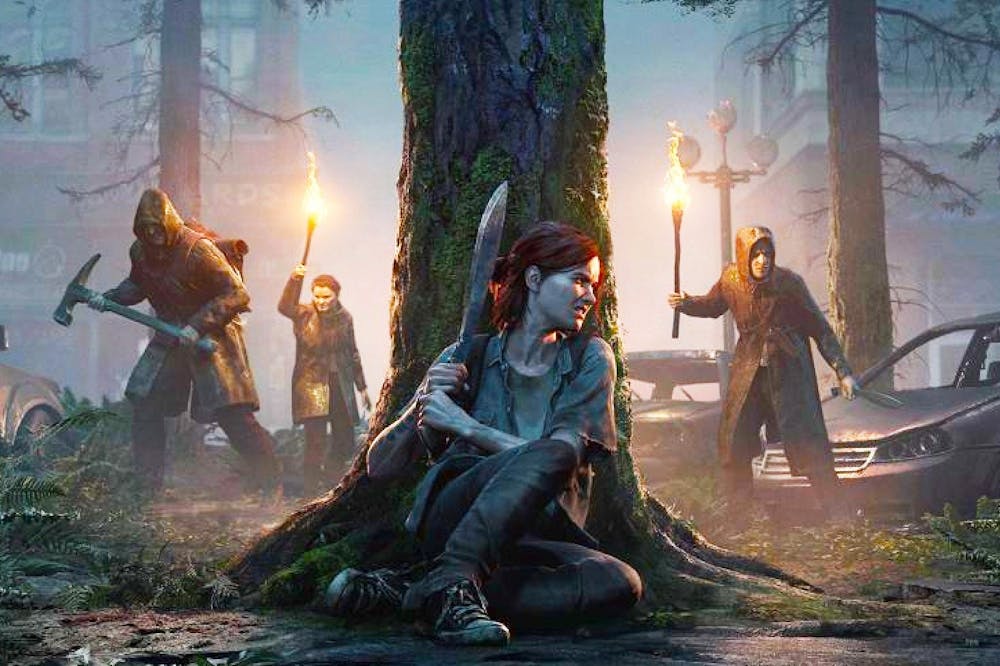I’m just going to come out and say it: I love The Last of Us Part II. Sure, it made some controversial choices that didn’t sit well with everyone—Joel’s death primarily. Yes, it also made you play as the woman that killed him—who I found to be a compelling character. And yes, it was a pretty depressing game all around.
Despite all of that, I still loved it.
The Last Year of Us
Truth be told, my thoughts on the game have improved since it was released on June 19, 2020 (happy belated birthday!). Initially, I found the game to be a worthy sequel, albeit not as strong as The Last of Us. What the first game did better—still does better, in my opinion—are a few things: the story and overall pacing are stronger, the characters all feel unique, relationships are better defined, etc. With The Last of Us Part II, my initial thoughts were that, while the story was powerful, the pacing suffered due to the inclusion of flashbacks and a jarring shift towards the halfway mark. Additionally, there were quite a number of characters that I had a hard time connecting to due to their limited screen time and one-dimensional personalities, such as Manny and Isaac.
With Age Comes Wisdom
As you could probably tell, my feelings about Naughty Dog’s ridiculously controversial product are quite positive. So positive, in fact, that if I were to go back and edit my review from last year, I’d give it a 9.3/10 (the old score is 8.8/10). I wrote that article after my first playthrough, with those old thoughts fresh in my mind. However, those changed once I finished my second playthrough—which occurred weeks later because I needed to process the tumultuous experience that Naughty Dog put me through the first time.
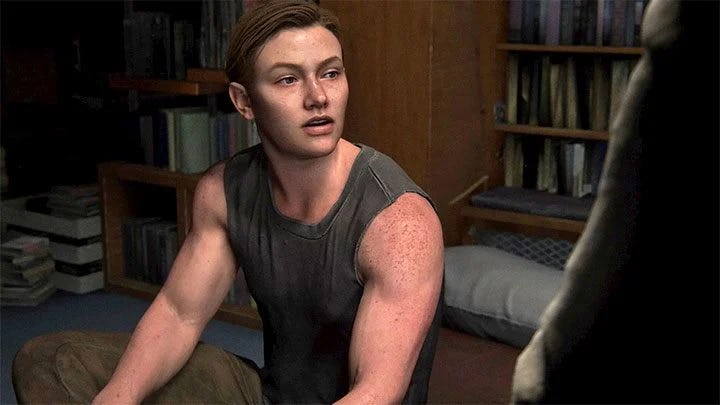
My second playthrough really helped to sell something that I didn’t really notice before: perspective. During my first playthrough, I was able to understand the difference between both Ellie’s and Abby’s perspectives: Ellie saw Abby as the villain due to the latter killing Joel, and Abby would come to see Ellie as the villain as the latter would go on to kill all her friends. However, my bias toward Ellie—who we all grew to love thanks to The Last of Us—clouded my judgment on Abby, and I found myself hating her more than I should’ve. Thankfully, the second playthrough made me see Abby for the complex character that she is, appreciating the effort put into her character arc.

My second playthrough helped me appreciate some of the secondary characters more as well. While I always loved Dina, Jesse, Lev, and Yara, there was one that didn’t make his mark on me at first: Owen. In context of the story, he was Abby’s ex-boyfriend, and acted as her conscience while she grew obsessed with hunting down Joel. After Abby killed him, Owen became disillusioned with everything. He started to neglect his relationship with Mel—his current, pregnant girlfriend—and wanted to abandon his post with the Washington Liberation Front (WLF) so he could look for the Fireflies. (He and Abby were members of the militia group during the events of The Last of Us, and joined the WLF after the group was presumed destroyed afterward.) Initially, I found Owen to be boring; a character meant to take up space and add to this weird soap opera love triangle between him, Abby, and Mel.
However, playing through the game again made me see Owen in a more sympathetic light. While his choices with Mel were questionable, it was clear that he genuinely loved and cared about Abby. There was one moment in particular during her half of the story where Owen tells Abby that “we’re allowed to be happy” and it is quite impactful. In essence, he was trying to tell her that despite everything that happened with Joel, she can try to find closure and live her life.
The End of All Things
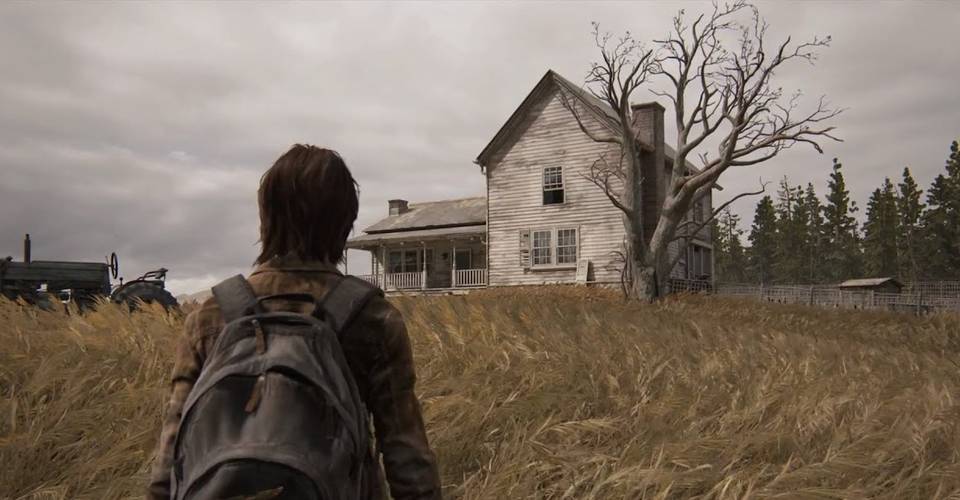
During the game’s ending, Ellie and Abby get into a climactic fight that nearly ends with Ellie winning. However, a brief flashback of Joel prevents her from killing Abby. She lets her go, and some time afterward, finds herself alone at a farmhouse that she shared with Dina. A flashback occurs, which reveals the last conversation that Ellie shared with Joel. Ellie angrily states that Joel’s “rescue” of her from the Fireflies’ hospital took away her agency, while Joel says that he’d do it all over again if he had the chance. Despite what Joel told her, Ellie was willing to try to forgive him. The flashback ends shortly after, with Ellie leaving the farmhouse and heading into the unknown.
This ending was controversial, as quite a number of players hated Abby and wanted Ellie to kill her. I felt that letting Abby go was far more powerful: Ellie not only managed to stop the cycle of violence that Joel began, but was able to finally let him go and move on with her life. Killing Abby would not have brought Ellie peace—much like how killing Joel didn’t bring Abby peace—and only would’ve continued that vicious cycle. Yes, Ellie is all alone, having given up everything in pursuit of Abby, but now she has a chance to rebuild. If you ask me, that’s far more fulfilling.
Sources: Byte, Den of Geek, Polygon, Screen Rant, YouTube
Images: Inverse,The Gamer, Screen Rant
Featured Image: Wired UK
For more entertainment related content, visit us at Byte BSU!


